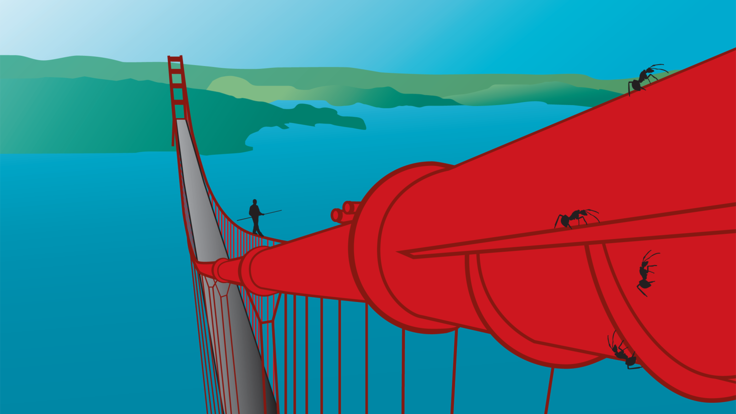Surprises
Nature still has many surprises left for us. Discovering them is increasingly difficult (and expensive) as we dig deeper into the foundations of the universe. The next discovery steps must be planned carefully, using all available information to increase the chance of success.




